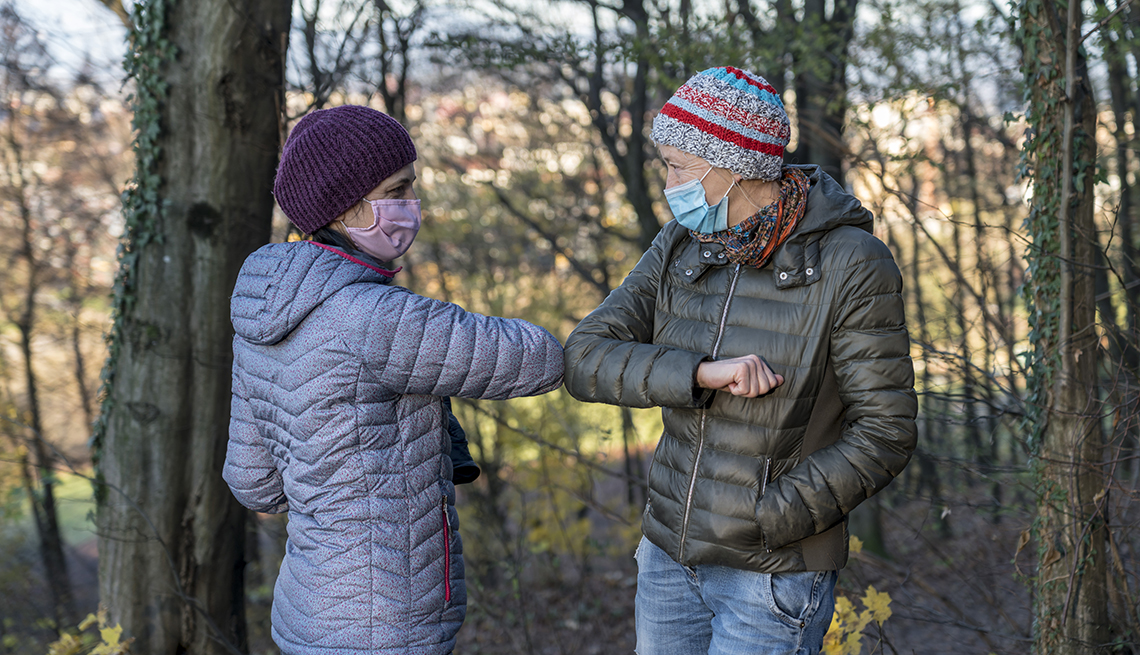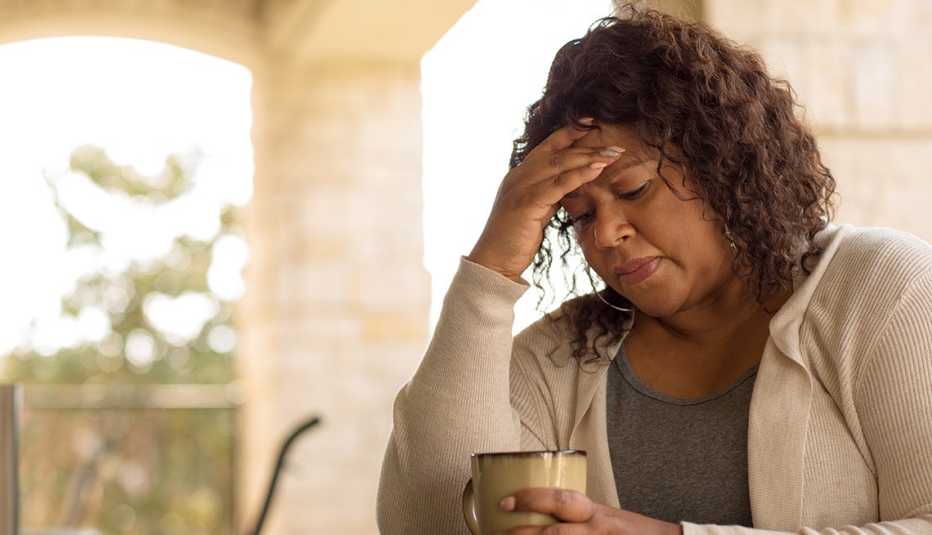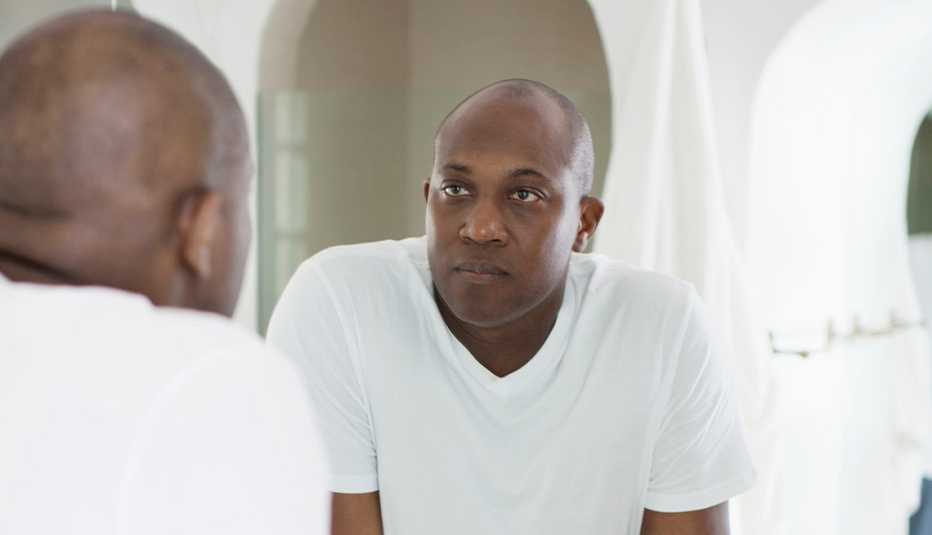Staying Fit
Rachel Nania,
Join AARP for a "Better Brain: Step Up Your Brain Game" panel discussion on Dec. 14 from 2 p.m. to 3 p.m. EST. Sarah Lock, AARP’s senior vice president of policy and brain health, will lead a discussion on the latest science around behavior changes to support brain health, focusing on Hispanic-Latino communities and the wider public. Guest speakers include Dr. Juan Rivera, a cardiologist and chief medical correspondent for Univision, Dr. Elena Rios, president and CEO of the National Hispanic Medical Association, and Dr. David Marquez, leader of the Latino Core of the Rush Alzheimer’s Disease Center. The event is free, but advanced registration is required. Click here to register.
Cases of COVID-19 are rising in many areas of the country. In fact, some experts are predicting a forthcoming surge, which could mean another winter without handshakes and hugs — or, at least, significantly fewer of them.
“In some ways people are feeling a little safer going out,” especially if they are vaccinated and boosted, says Ruth Benca, M.D., chair of psychiatry and behavioral medicine at Atrium Health Wake Forest Baptist. “The problem is, though, that we're still in a pandemic,” she adds. And with the threat of breakthrough infections, menacing variants and vaccine resistance, “a lot of people are just not feeling comfortable rushing out and pretending we're back to normal yet.”


AARP Membership— $12 for your first year when you sign up for Automatic Renewal
Get instant access to members-only products and hundreds of discounts, a free second membership, and a subscription to AARP the Magazine.
Another winter without indoor gatherings with family and friends, however, comes with its own health hazards. Social isolation has been linked to increased risk of heart disease, stroke and even death, according to the Centers for Disease Control and Prevention (CDC). One study found that living without meaningful social relationships is equivalent to smoking 15 cigarettes a day.
Health Risks of Social Isolation
Isolation and loneliness are associated with higher rates of:
- Chronic health conditions, including heart disease
- Weakened immune system
- Depression and anxiety
- Dementia, including Alzheimer’s disease
- Death
Source: Administration for Community Living
Disconnecting from others is also bad for the brain. It’s been associated with poorer cognitive function and a 50 percent greater risk of dementia.
A big problem is, it’s pervasive. Two-thirds of adults reported experiencing social isolation and high levels of anxiety since the beginning of the pandemic, an October 2020 report from AARP Foundation revealed. And unlike the coronavirus, for these conditions there isn’t a vaccine to ease the burden.
“Study after study suggests that social connection and better brain health — including cognition and better mental well-being — go hand in hand,” says Sarah Lenz Lock, senior vice president of policy and brain health at AARP and executive director of the Global Council on Brain Health. “The health consequences from loneliness are real, and the pandemic has laid bare the effect social alienation has on adults throughout the country.”
The good news is that there are things you can do to both minimize your risk of COVID and the consequences from social isolation. Here are six ways to optimize your mental and physical health during another pandemic winter.



































































